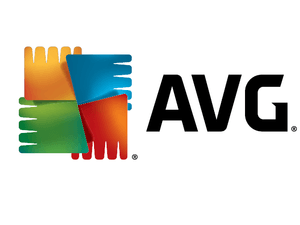Ever wonder how an anti-virus software could be downloaded for free, with no service charge? AVG has built its business by offering its security system for free. The problem is, the company is now looking to make money by selling your Internet browsing history to third parties.
Before you get upset about “Big Brother” creeping into your lives and computer surfing habits, keep in mind, most security software companies do state in their terms of service that they can collect this data. But AVG doesn’t specifically mention in their policy that they will sell your browsing history to third parties, so this is where there’s a bit of a gray area.
What makes this especially concerning is that security software typically has access to more private information than other technologies – such as browsing and search history – in order to do its job of protecting your information. Collecting this information and then selling it seems to cross an ethical line, as AVG is taking advantage by sharing the information it is supposed to protect.
AVG is the third most popular antivirus product in the world, according to market analysis from software firm Opswat. Avat leads the charge with a 21.4 percent market share, Microsoft holds a close second with 19.4 percent, and AVG has about 8.6% market share.
But their privacy policies differ in terms of what data each service collects and then what they do with it. In the privacy policy for Avast, which also provides free security software, the company explains that it is able to collect certain non-personal information and sell it to advertisers. The company does not however, specify that this includes browser and search history data.
In an article disclosing this problem in Wired UK, an AVG spokesperson said that any non-personal data it collected and sold to advertisers would be “cleaned and anonymized, making it impossible to link it back to individual users.”
"Many companies do this type of collection every day and do not tell their users," the spokesperson told Wired UK.
But this does not clear up the matter – it seems that the murkier the language, the more opportunity companies see to take advantage of their user base by selling “anonymized” information.
The problem isn’t only that companies are doing this without their users knowing it, but that they also claim browsing history can be anonymous. Some analysts argue that this is simply not true. Orla Lynskey, a data protection and IT law expert from London School of Economics, told Wired that "although some of the data they classify as 'non-personal' might not identify individuals directly, they may be indirectly identifiable based on that data."














